Living in a tropical climate can feel like paradise, but it also means facing various challenges—especially when it comes to your roof. The heat, humidity, and unpredictable storms can wreak havoc on even the sturdiest roofs. As a homeowner, staying informed about how these weather conditions impact your home is crucial for protecting your investment.
Sometimes, you may have ignored any issues on your roof for months or even years, putting your roof in a poor condition. This is where hiring professional roofing contractors becomes a must. But what risks can actually be posed by living in Hawaii or other tropical regions? Keep reading as we’ll show you various ways heat and humidity affect roofing materials and explore practical solutions to keep your home safe from nature’s elements.
Heat Causes Material Degradation
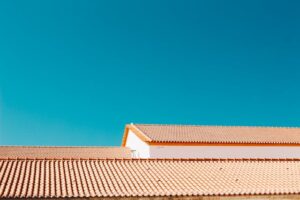 Tropical heat can be relentless, and it takes a toll on roofing materials over time. Many roofs are made from asphalt shingles, metal, or tiles—each susceptible to degradation under extreme temperatures. As the sun blazes down day after day, shingles may begin to dry out and crack. This compromises their ability to protect your home from rain and moisture. Metal roofs face different challenges; high temperatures can mean expansion and contraction cycles that weaken seams and joints. This might eventually result in leaks if not addressed early. Even tile roofs aren’t immune. The intense heat can cause tiles to become brittle, increasing the risk of breakage during storms or heavy winds.
Tropical heat can be relentless, and it takes a toll on roofing materials over time. Many roofs are made from asphalt shingles, metal, or tiles—each susceptible to degradation under extreme temperatures. As the sun blazes down day after day, shingles may begin to dry out and crack. This compromises their ability to protect your home from rain and moisture. Metal roofs face different challenges; high temperatures can mean expansion and contraction cycles that weaken seams and joints. This might eventually result in leaks if not addressed early. Even tile roofs aren’t immune. The intense heat can cause tiles to become brittle, increasing the risk of breakage during storms or heavy winds.
Humidity Promotes Mold and Mildew
Tropical climates often bring high humidity levels, creating the best breeding ground for mold and mildew. These unwanted fungi thrive in warm, damp environments, leading to big deals for homeowners. When moisture seeps into your roof’s materials, it can accumulate and encourage growth. This not only affects aesthetics but also compromises structural integrity. Mold can spread rapidly and damage insulation and wood framing over time. It may even seep into living spaces, causing health problems for residents. Homeowners should consider investing in proper ventilation systems as well. Good airflow reduces humidity levels inside attics or crawlspaces where these pests love to hide.
High Winds Damage Shingles and Flashing
Tropical storms and hurricanes bring powerful winds that can wreak havoc on roofs. Shingles, designed to protect your home, are often the first casualties. Even well-installed shingles may struggle against relentless gusts. When wind speeds rise, shingles can lift or even tear away completely. This makes your roof vulnerable to rain and debris. The flashing around chimneys and vents is equally at risk; high winds can dislodge or damage these critical components. As a homeowner, it’s essential to inspect your roof regularly after severe weather events. Look for any missing shingles or bent flashing. If you notice issues, consult with professionals who specialize in storm damage assessments.
Salt Air Accelerates Corrosion in Coastal Tropical Areas
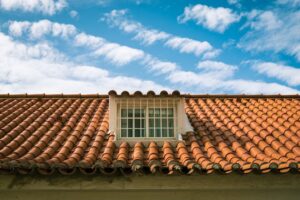 Living near the coast has its perks, but salt air can wreak havoc on roofing materials. This is especially true in tropical regions where humidity amplifies the effects of corrosion. Salt particles carried by ocean breezes settle on your roof. These tiny invaders cling to shingles and metal components, creating an environment ripe for deterioration. Over time, they break down protective coatings and lead to rusting. Metal roofs are particularly vulnerable. Once corrosion sets in, it compromises structural integrity and may result in leaks or even complete failure.
Living near the coast has its perks, but salt air can wreak havoc on roofing materials. This is especially true in tropical regions where humidity amplifies the effects of corrosion. Salt particles carried by ocean breezes settle on your roof. These tiny invaders cling to shingles and metal components, creating an environment ripe for deterioration. Over time, they break down protective coatings and lead to rusting. Metal roofs are particularly vulnerable. Once corrosion sets in, it compromises structural integrity and may result in leaks or even complete failure.
How a Roofing Company Can Help
As you can see, lots of problems can arise on your roof. So, if you want to keep your home protected from tropical weather, give professional roofing services a call. Roofing companies have the expertise to assess and address damage caused by heat, humidity, winds, and corrosive salt air. Moreover, a trusted roofing contractor can provide routine checks and necessary repairs before minor issues escalate into major problems. They also understand the best materials suited for tropical climates, ensuring that replacements or new installations withstand harsh conditions. Investing in a reliable roofing company not only protects your property but also provides peace of mind, knowing experts are handling such a critical aspect of your home’s structure. By prioritizing proactive care through professional assistance, homeowners can ensure their roofs stay resilient against the challenges posed by tropical weather patterns.
https://www.facebook.com/LavaRoofingKona/


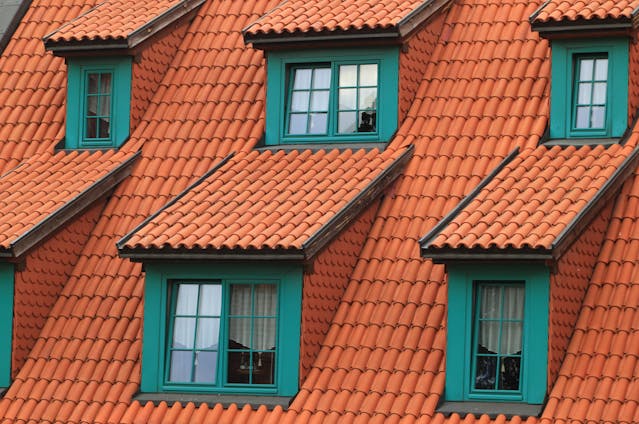
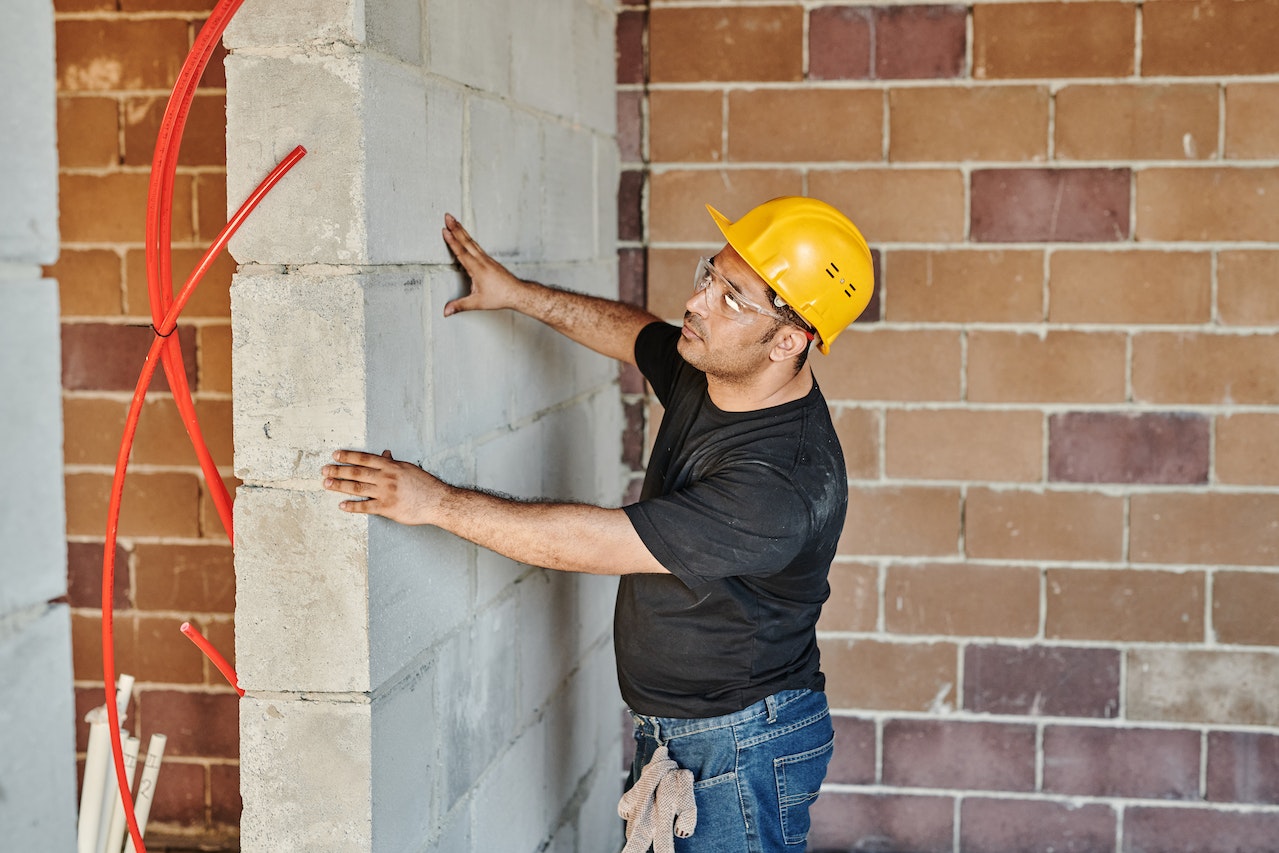
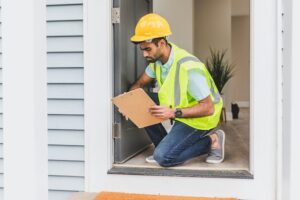
 It’s a good idea to ask for a free sample report from the home inspector before you hire them. This will give you an idea of their reports and how thorough they are. Make sure the report is detailed enough to provide you with all the information you need so that when you purchase your new home, there won’t be any surprises. Buying a home is a big decision, but you don’t have to do it alone. Knowing these secrets that home inspectors won’t tell you will give you an edge and make your search for the perfect house much smoother. So arm yourself with knowledge, ask questions and be sure to get all of the information you need before making a purchase.…
It’s a good idea to ask for a free sample report from the home inspector before you hire them. This will give you an idea of their reports and how thorough they are. Make sure the report is detailed enough to provide you with all the information you need so that when you purchase your new home, there won’t be any surprises. Buying a home is a big decision, but you don’t have to do it alone. Knowing these secrets that home inspectors won’t tell you will give you an edge and make your search for the perfect house much smoother. So arm yourself with knowledge, ask questions and be sure to get all of the information you need before making a purchase.…